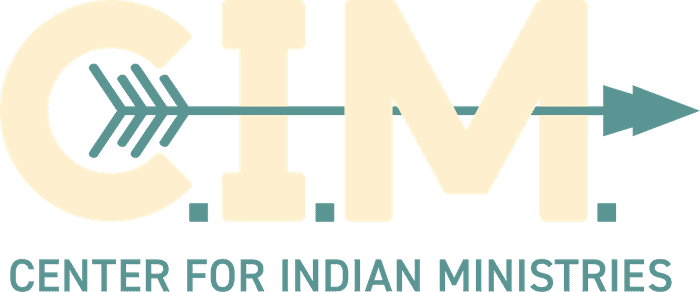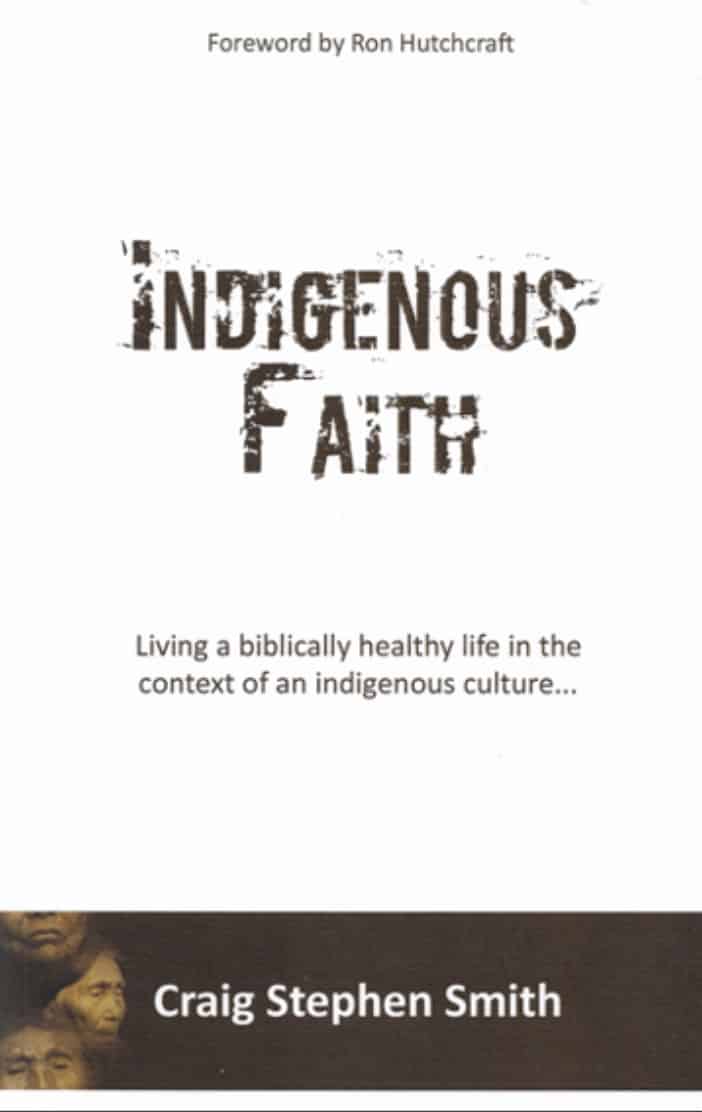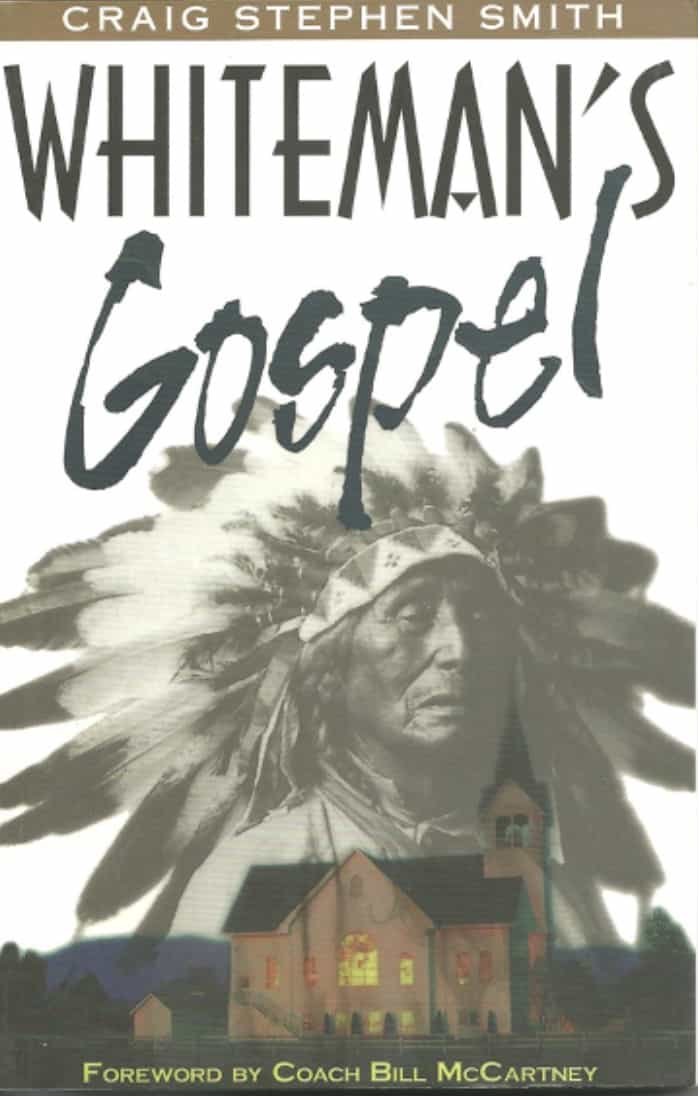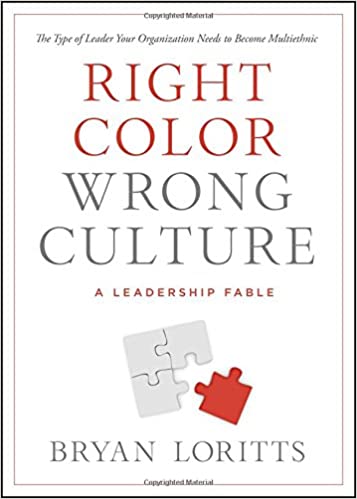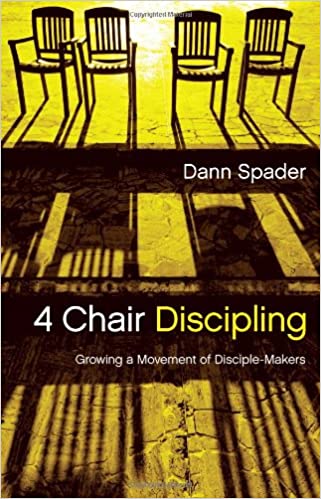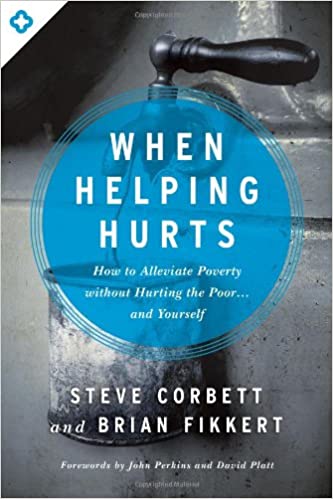
Resources
Center for Indian Ministries provides resources for those who are serving alongside Native/First Nations people.
We also provide resources for those who are new to Native ministry or who would like to have a better understanding of how to minister in a cross-cultural setting.
Find videos, podcasts and books on this page to help you in your focus area.
BUILD Program Videos
We have recorded a few of our BUILD classes for those who are interested in biblical and leadership training but unable to host or attend BUILD classes in their community.
If you would like to learn more about the BUILD Program visit our BUILD Program page. To access the rest of the videos, please contact us.
Redemptive History
With Paul Straubel
Bible Storying
With Mark Custalow
Lessons from the Life of David
Ryan O'Leary and Kent Fraser
Nehemiah
With Paul Straubel
Life of Christ
With David Haag
A Faith for Everyday Life
With Ryan O'Leary and Dave Hopkins
How to Study the Bible
With Ben Yazzie and Rick Weinert
Introduction to Evangelism
With Les Parr and Tom Johnston
Indigenous Faith
Craig Smith, in his book, "Indigenous Faith" unpackages Scripture to help Indigenous believers in Christ discover how to live biblically healthy lives in the context of their Indigenous cultures. Smith seeks to answer questions not only Indigenous believers have, but missionaries, pastors, educators, and all those seeking to reach Indigenous people with the gospel have in contemporary cross-cultural ministry. Craig seeks to respond to the current "Redeeming the Culture" movement that has brought confusion to Indigenous ministry in North America as he seeks to draw the reader back to the authority of Scripture. A critical book for today!
White Man's Gospel
“Christianity has wonderful answers to questions Indians aren’t asking!” Craig Stephen Smith, a Chippewa, from northern Minnesota, seeks to answer the questions they are asking or ought to ask. His experience has led him to believe that change is desperately needed in both Native and ecclesiastical communities. Smith writes out of his own experience as a Native American growing up in a white man’s world.
Right Color Wrong Culture
Increasingly, leaders recognize the benefit of multi-ethnic organizations and are compelled to hire diverse individuals who will help them reflect a new America.
In his address at a Global Leadership Summit, Bryan Loritts challenged leaders to have a vision that is about more than the stuff that perishes—to have a vision for making sacrifices that make a difference and help to bring about transformation in the lives of others.
He brings a similar challenge to leaders in this fable of self-discovery and change, as he explores the central, critical problem leaders often encounter when transitioning their church, business, or organization to reflect a multi-ethnic reality: finding a leader who is willing to immerse themselves in the environments and lives of people who are different from them.
In Right Color, Wrong Culture you enter into a conversation between individuals who are grappling with changing neighborhoods while struggling to remain relevant within communities growing in diversity. You journey with Gary and Peter as they challenge those around them to reach beyond what is comfortable and restructure their leadership team.
4 Chair Discipling
Dann Spader is a disciple-maker who has spent his adult life exploring what it means to take someone from being a seeker to making disciples themselves. Over 750,000 people in 80 countries have been trained to make disciples through organizations he has led. Through studying the life of Christ and His disciple-making methods, Dann developed 4 Chair Discipling, a simple picture for others to follow. Jesus’ last words on earth had a few very specific instructions: Go, make disciples, baptize, and teach.
But what does that mean for us today? Well, it’s not easy. But it is simple. Teacher and leader Dann Spader explains disciple-making as a process of moving people through four chairs, from someone seeking to know more about Christ to someone who makes disciples themselves.
When Helping Hurts
Poverty is much more than simply a lack of material resources, and it takes much more than donations and handouts to solve it. When Helping Hurts shows how some alleviation efforts, failing to consider the complexities of poverty, have actually (and unintentionally) done more harm than good.
But it looks ahead. It encourages us to see the dignity in everyone, to empower the materially poor, and to know that we are all uniquely needy—and that God in the gospel is reconciling all things to himself.
Focusing on both North American and Majority World contexts, When Helping Hurts provides proven strategies for effective poverty alleviation, catalyzing the idea that sustainable change comes not from the outside in, but from the inside out.
